Malta
Malta is a unitary state composed of 68 local councils (kunsill lokali) and 6 regional councils (Kumitat Reġjonali).
CEMR in Malta – Local Councils' Association (www.lca.org.mt)










Local governments
The local council (kunsill lokali) is the local authority’s deliberative body. Its members are elected by direct universal suffrage via a system of proportional representation for a period of five years. The number of councillors varies according to the demographic size of the local authority.
The executive secretary (segretarju ezekuttiv) is designated by the local council for a three year mandate. He/she is the executive, administrative and financial head of the council.
The mayor (sindku) is the political representative of the local council. He/she is the local council member with the highest number of votes from the political party that wins an overall majority in a local election. The mayor holds a five-year mandate and chairs local council meetings.









Regional governments
Previously known as “regional committees”,, the regional councils were established in 2021, following the Local Government Reform Process and the publication of Act No. XIV of 2019. Their legal basis was strengthened and their role, including a new set of defined functions, has also grown in importance.
The regional council (kumitat reġjonali) is the regional authority’s deliberative body. Its members are the mayors (or representatives of the mayors) of the local councils from that region. They hold a five-year mandate.
The executive secretary (segretarju ezekuttiv) is the regional council’s head of finances and administration.
The regional president (reġjonali) is elected by direct universal suffrage using a system of proportional representation for a period of five years.
-
- Maintenance of road infrastructure and buildings
- Waste management
- Maintenance of public recreational centres
- Support for citizens and their rights (transport, communications, taxation)
- Child care centres, kindergartens and other educational services*
- Health and rehabilitation centres*
- Culture and sport
- Urban environment
- Local library services
* In conjunction with any competent authority
